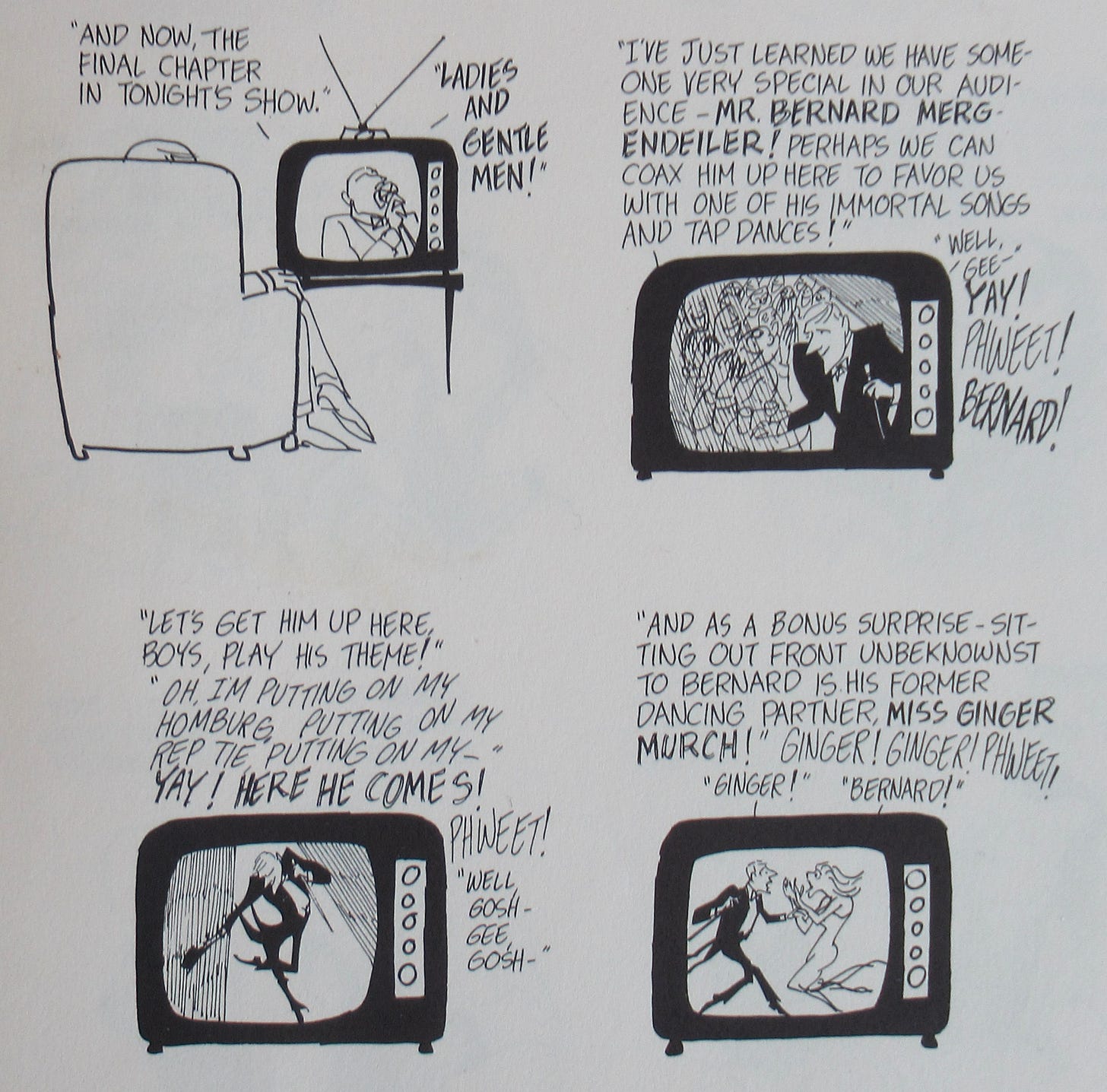Reality: Real and Fictional
Imagination: As a Means of Escape from Real Reality
Fantasies: Metamorphosis or Transformation
Death
I didn’t want to be like Larry Peters; I wanted to be Larry Peters. …
If Roger Drake had been able to imagine Larry and all the rest of them and the context for them, surely I could manage to imagine myself as Larry, could imagine a complete and consistent enough set of details to fill the chinks in Mr. Drake’s portrait of Larry with details about myself …
I spent a lot of time within the Larry Peters books, playing at being Larry, but I never thought of myself as escaping into them … never, that is, until my great-grandmother died.Little Follies, “Call Me Larry”
Another central experience of Balzac’s childhood was his exile to a Spartan boarding school at the tender age of eight. The brutalities of boarding school can routinely maim sensitive children for life; occasionally they may also breed a genius. Numbed by sorrow and fear, the child Balzac fell into a stupor; his teachers, unable to draw any intelligent response out of their lethargic pupil, bombarded him with punishments. Detention meant being locked for hours or even days on end in a tiny cell, and the little boy ended up spending up to four days a week in the solitary gloom of the school prison. To escape from this desolation, mere dreaming was not enough: he had to invent for himself another world, more real than this unbearable environment. Relying on his memory, he began to re-create in his mind scenes he had read about in books; he developed a visionary imagination that enabled him to conjure entire worlds with near hallucinatory power.
Simon Leys, “Balzac’s Genius & Other Paradoxes,” New York Review of Books, January 12, 1995
Jules Feiffer, The Unexpurgated Memoirs of Bernard Mergendeiler
See also: “Inspiration” and Transformation TG 78; Reality, Real and Fictional TG 27, TG 62, TG 64, TG 76, TG 78, TG 85; Wishful Thinking TG 43, TG 91; Death TG 48
Yesterday evening’s Valentine’s Day feature presentation:
Peyton Reed’s musical comedy is a pastiche homage to the deliciously frothy films of Rock Hudson and Doris Day. Ewan McGregor plays a womanizing journalist who tries to woo a feminist author, played by Renée Zellweger, as part of his exposé on her manifesto pushing for equality between the sexes.
Erik Piepenburg, “Love or Hate Valentine’s Day? Either Way, There Are Movies for You.” The New York Times
[more to come on Friday, February 18, 2022]
Have you missed an episode or two or several?
You can begin reading at the beginning or you can catch up by visiting the archive or consulting the index to the Topical Guide.
You can listen to the episodes on the Personal History podcast. Begin at the beginning or scroll through the episodes to find what you’ve missed.
You can ensure that you never miss a future issue by getting a free subscription. (You can help support the work by choosing a paid subscription instead.)
At Apple Books you can download free eBooks of “My Mother Takes a Tumble,” “Do Clams Bite?,” “Life on the Bolotomy,” “The Static of the Spheres,” “The Fox and the Clam,” “The Girl with the White Fur Muff,” and “Take the Long Way Home,” the first seven novellas in Little Follies.
You’ll find an overview of the entire work in An Introduction to The Personal History, Adventures, Experiences & Observations of Peter Leroy. It’s a pdf document.





